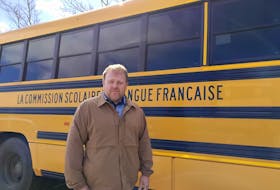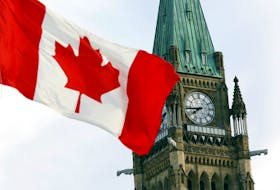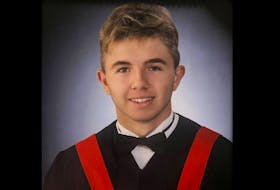As the pandemic wears on, people across Saskatchewan are losing trust in the government’s response to COVID-19 and are becoming more wary of a potential vaccine, according to a recent behavioural study done by researchers at the University of Saskatchewan.
When the virus first reared its head in Canada, Miles Fahlman, associate member of the Canadian Hub for Applied and Social Research (CHASR) at the U of S and COVID-19 researcher, and Dr. Nazeem Muhajarine, a U of S professor in community health and epidemiology, watched with interest
Both realized that there would be a need for data on the public’s behaviour once restrictions lifted, since the spread of the virus is dependent on people’s actions.
Fahlman had recently wrapped up a master’s thesis on the SARS epidemic, looking at how people’s behaviour influenced the virus’s spread. When the COVID-19 pandemic began, researchers at École polytechnique fédérale de Lausanne in Switzerland reached out to Fahlman about collaborating on a survey to track people’s behavioural responses.
“This whole thing is designed to develop and monitor our behavioural response in society to see that we can’t map the virus, adjust our responses, check people’s view of how the government is doing, whether they’ll be vaccinated if we actually develop a vaccine, whether they use masks, all those kinds of things,” Fahlman said in a recent interview.
Fahlman then reached out to Muhajarine, who specializes in social epidemiology, to partner on the project.
The study, titled Social Contours and COVID-19, surveyed nearly 5,500 people from across Saskatchewan between May 4 — the launch of the province’s Re-Open Saskatchewan plan — and Sept. 30. The survey was also administered by researchers in Switzerland at the same time, so the two data sets could be compared.
Wading through the data, Muhajarine saw that as people began to take more precautions, trust in the government fell.
In mid-May, 81.6 per cent said the government was handling the pandemic well. That number fell sharply to a low of 37.1 in early August, before climbing back up to 61.7 per cent by the end of September.
Muhajarine links the drop in trust to two events: the outbreaks in Hutterite colonies and the release of the province’s back-to-school plan. Once the initial panic around those events had settled down, trust began to build again, he said.
Over the same time period, more people reported wearing masks, growing from 41.1 per cent to 59.6 per cent; however, more people also said others around them were not taking the proper precautions.
Optimism around a new vaccine also fell.
In mid-May, 84.9 per cent of people surveyed in Saskatchewan said they would get the vaccine when it was available. By the end of September, that number had fallen to just 56.5 per cent of respondents.
“At the beginning, everyone wanted to take the vaccine,” Fahlman said. “Now people are getting a lot of information on how difficult it is to develop vaccines … and now they’re thinking, ‘Well, if the vaccines rushed, I’m not going to take it.’ ”
After seeing this data, Fahlman said it would likely be beneficial for the province to run an educational campaign ahead of rolling out a vaccine to let people know the vaccine is safe, and perhaps even explain some of the science that went into creating it.
“We’re going to have our work cut out for us in terms of clear, good messaging,” he said.
Through further analysis, Fahlman hopes the study’s data will reveal connections between education levels and mask use or mask use and vaccine uptake. He also hopes that the data gathered in this survey will help leaders and scientists through any future pandemics.
Related
Copyright Postmedia Network Inc., 2020









